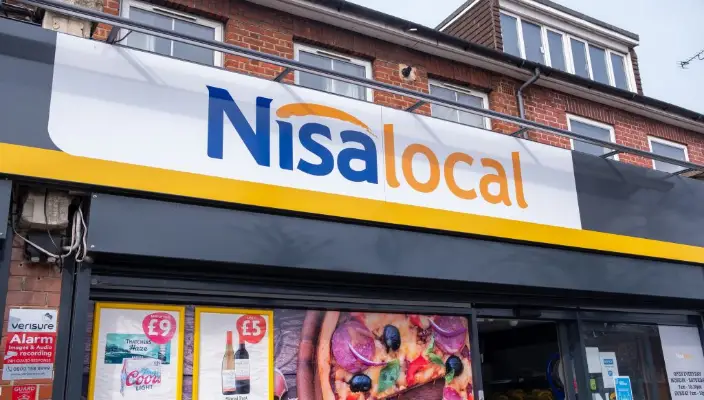Promotional over buys… do you think this is a sign of ‘collaborative’ trading?
Salitix regularly see promotional overfunding, particularly where discounted stock is pre-purchased (i.e., before the promotional sale has been made). The retailer purchases discounted stock in advance, often using a forecast to predict how much stock they will need to purchase to fund the expected sales at the till. So far so good (albeit remember that the retailer cannot ask the supplier to pay for 100% of the promotional cost, but more on that later…)
But the Retailer has a duty of care to the supplier – not to overorder discounted stock and to re-pay the supplier the difference where due care has not been taken when purchasing the discounted stock during the promotional activity.
But what does this mean?
What it doesn’t mean is that due care can be said to have been taken where a forecast has been used to predict sales prior to the activity. Yet many retailers seem to think that a collaboratively prepared forecast is exactly that and can be used to justify any amount of overbuying, particularly when a promotion underperforms and the stock in question has a lovely long shelf life!
What due care should mean is that during the promotional activity, the buyer has looked at and analysed the promotional sales patterns and actual sales from the first week or weeks (of a longer promotional period) and then adjusted their purchasing to reflect actual activity. This can and does happen, particularly on fresh produce products with a short shelf life. What is striking is how often products with long shelf lives are consistently over purchased during a promotional period – for example frozen fish.
The effect is not only that significant amounts of stock gets sold at full RRP for an inflated profit for the Retailer, eroding margins for the supplier who subsequently has fewer sales of stock at the regular invoice price, but that many promotions are paid for in their entirety by the supplier, i.e. are funded 100% plus, which is also a breach of GSCOP. A lose lose for the supplier, a win win for the Retailer.
What can be done about this?
- Your sales team can be pro-active in monitoring actual sales activity and flagging to the buyer when there appears to be a mismatch between purchases and sales, forcing them to adjust purchasing patterns. Albeit this can be easier said than done during a commercial trading dialogue.
- You can reconcile the trading activity by executing a sales audit and make a claim via the audit/finance channel utilising the services of Salitix, where we have a track record of successfully recovering these monies
- Or you can ask your customers code compliance officer (CCO) to provide you with a written overview of their methodology for calculating and compensating for this type of error, which they are duty bound to repay under GSCOP
Either way, if you have experience of this problem and want to stem the loss of margin that it creates, then please do get in touch as we would be very happy to assist you.


